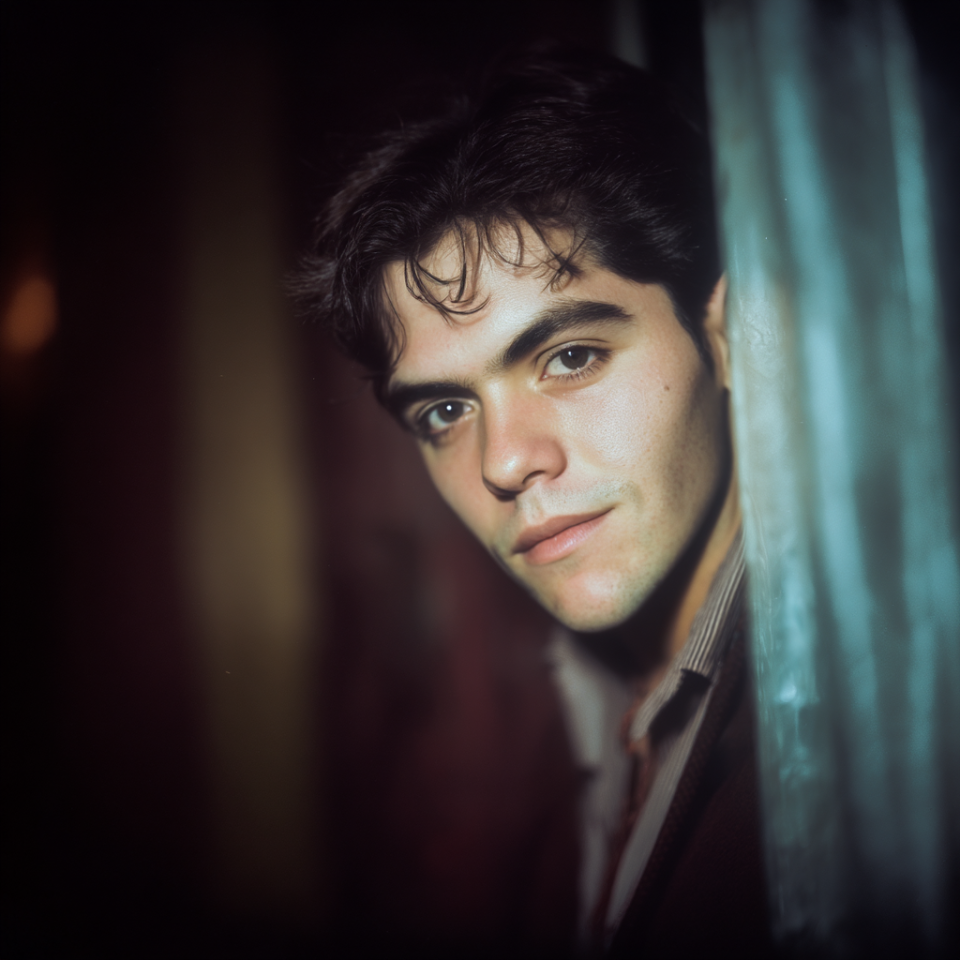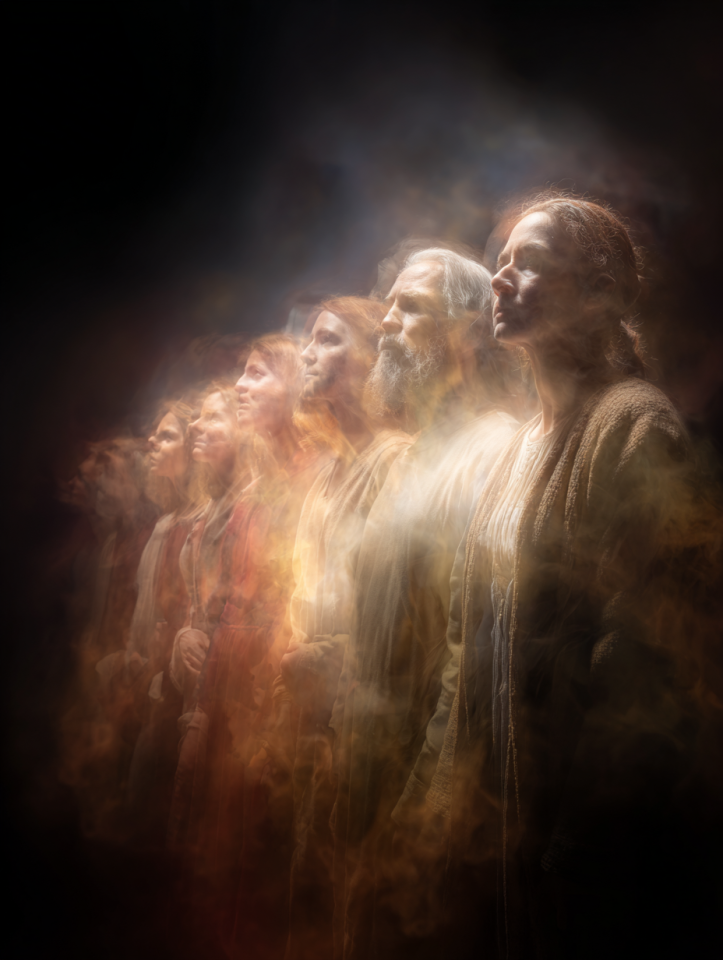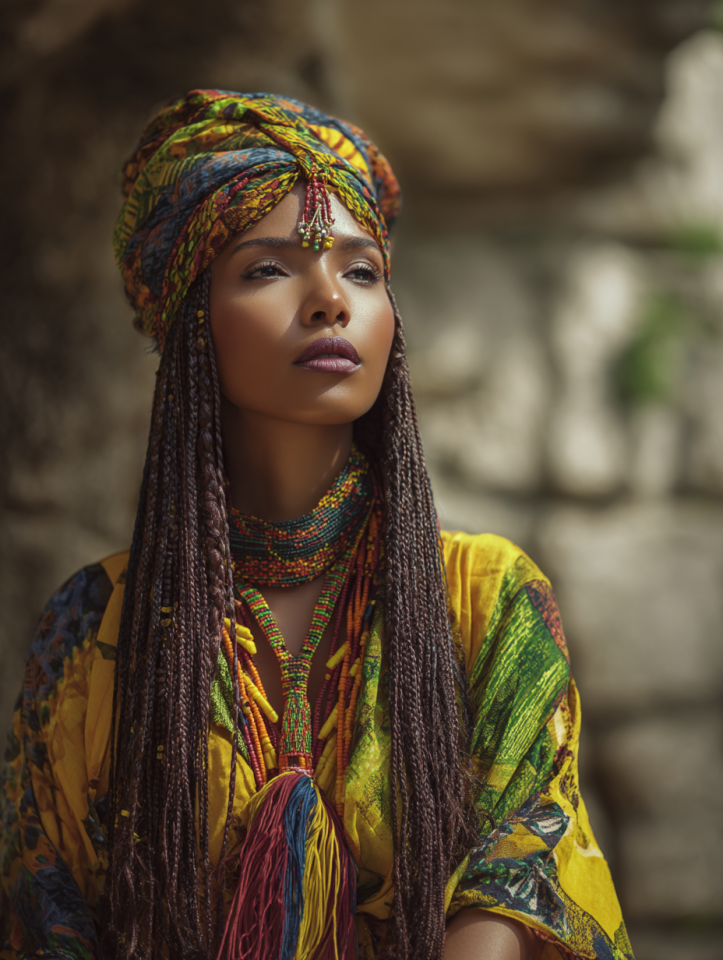Federico García Lorca (feh-deh-REE-koh gahr-SEE-ah LOR-kah)
Poet/Playwright
Federico del Sagrado Corazón de Jesús García Lorca (a.k.a. Lorca)
Federico García Lorca was a Spanish poet, playwright, and theatre director whose lyrical genius and passionate defense of marginalized voices made him a central figure in 20th-century literature. A member of the avant-garde Generation of '27, Lorca’s work blended folklore with surrealism, and his emotional intensity spoke to the political and cultural upheaval of pre-Civil War Spain. He studied at the University of Granada and later at the Residencia de Estudiantes in Madrid, where he befriended luminaries like Salvador Dalí and Luis Buñuel.
Lorca’s writing celebrated the beauty and pain of human existence. His poetry collections such as Romancero Gitano (Gypsy Ballads) captured the musical cadence of Andalusia, while his plays like Bodas de Sangre (Blood Wedding) and La Casa de Bernarda Alba (The House of Bernarda Alba) explored themes of repression, gender roles, class struggle, and fate. Deeply influenced by Spanish folk tradition and flamenco rhythms, Lorca wrote in a style both hauntingly lyrical and fiercely political. He became a national voice for Spain’s outcasts—the poor, the queer, the silenced—and paid for it with his life.
Federico's queerness was a profound but hidden force in his life. In an era and region hostile to homosexuality, he confided in friends and explored it cautiously in his work through metaphor and subtext. His travels to New York and Cuba in 1929–1930 were revelatory, inspiring Poeta en Nueva York, a searing, surrealist critique of urban alienation, capitalism, and racism. The poems also represent his deepest forays into sexual identity and personal anguish, written during a time of depression and dislocation.
Lorca returned to Spain amid increasing political tension, becoming involved in progressive art movements and co-founding La Barraca, a traveling student theatre aimed at bringing classical Spanish plays to rural areas. His vision was one of cultural democratization—beauty and drama for the people. As the Spanish Civil War approached, Lorca’s open sympathy for the Republic and his defiance of fascist ideals made him a target.
In August 1936, just weeks after the outbreak of the Civil War, García Lorca was arrested by Nationalist forces in Granada. He was executed by firing squad, likely on August 18, at the age of 38, and buried in an unmarked grave. His death remains one of the most poignant symbols of artistic martyrdom in modern history. Despite—or because of—Francoist Spain’s attempts to suppress his work, Lorca’s voice only grew louder across the decades. Today, he stands as both literary icon and cultural symbol: of resistance, of tragic beauty, and of love unshackled from silence.
Mental characteristics
Sexuality
Lorca was a gay man in a deeply conservative and repressive society. Though not publicly out, he acknowledged his sexuality in private letters and through coded expression in his poetry and plays. His queerness deeply informed his themes of longing, alienation, and defiance.

Species
Realm
Date of Birth
June 5, 1898
Date of Death
August 18, 1936
Life
1898 CE
1936 CE
38 years old
Circumstances of Death
Executed by Nationalist forces during the early days of the Spanish Civil War
Birthplace
Fuente Vaqueros, Granada, Spain
Place of Death
Near Alfacar, Granada, Spain
Children
Sex
Male
Sexuality
LGBT















